Doubt is the key to knowledge
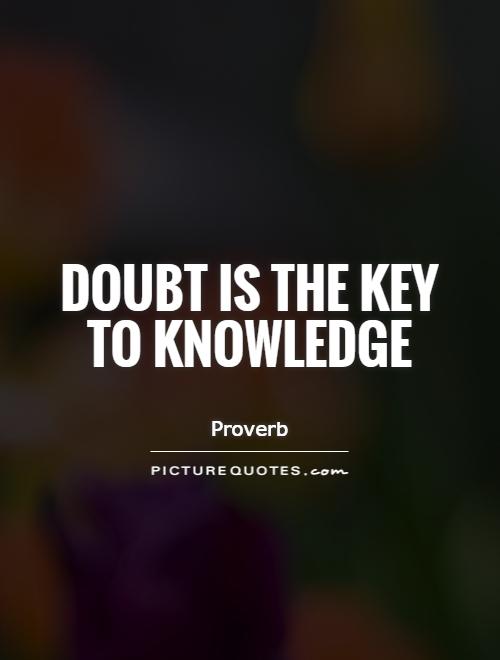
Doubt is the key to knowledge
The proverb "Doubt is the key to knowledge" suggests that questioning and skepticism are essential components of the pursuit of knowledge. Doubt encourages critical thinking and challenges individuals to seek out evidence and information to support their beliefs. It is through questioning and doubting that one can truly deepen their understanding of a subject and arrive at a more informed and nuanced perspective.In the realm of science, doubt plays a crucial role in the advancement of knowledge. Scientists are constantly questioning existing theories and hypotheses, seeking to uncover new information and refine their understanding of the natural world. Doubt prompts researchers to conduct experiments, gather data, and analyze results in order to test the validity of their ideas. Without doubt, scientific progress would stagnate, as researchers would be content to accept the status quo without seeking to push the boundaries of knowledge.
Similarly, in the field of philosophy, doubt is a driving force behind intellectual inquiry. Philosophers are known for their willingness to question fundamental assumptions and challenge established beliefs. By doubting commonly held truths, philosophers are able to explore new ideas and perspectives, leading to the development of innovative theories and concepts. Doubt encourages philosophers to engage in rigorous debate and dialogue, pushing the boundaries of human understanding and contributing to the ongoing pursuit of knowledge.
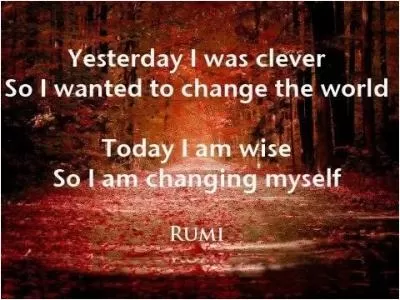
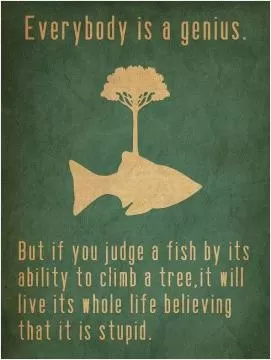
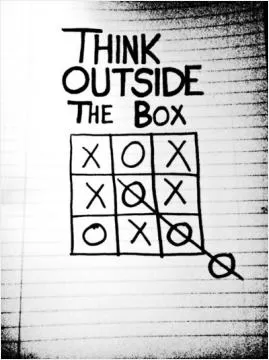




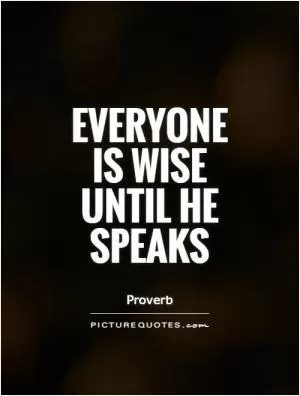
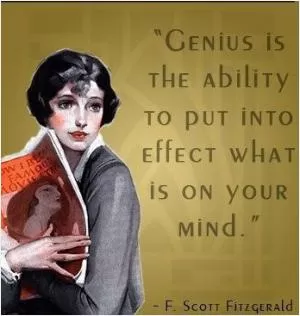
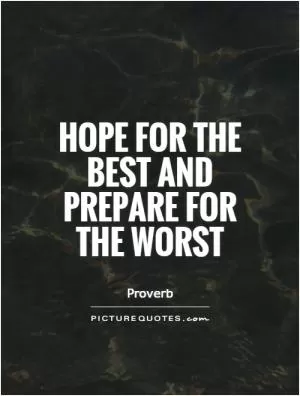

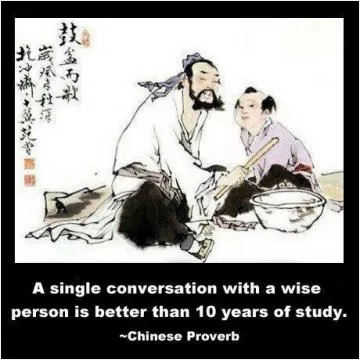
 Friendship Quotes
Friendship Quotes Love Quotes
Love Quotes Life Quotes
Life Quotes Funny Quotes
Funny Quotes Motivational Quotes
Motivational Quotes Inspirational Quotes
Inspirational Quotes